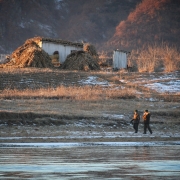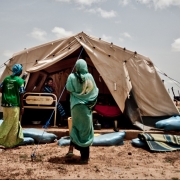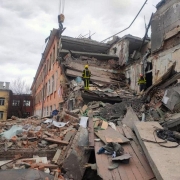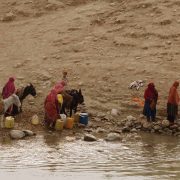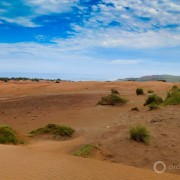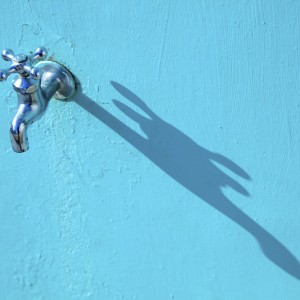HotSpots H2O, November 28: Sixty-Two Percent of Water at Rohingya Refugee Camp is Contaminated
The Global Rundown
The final aid agency in Bangassou, Central African Republic, is forced to evacuate, leaving civilians without water, healthcare, and other life-saving aid. A majority of the drinking water in Bangladesh’s Rohingya refugee camps is contaminated. Doctors are denied access to the Manus Island detainees, who have been without food and clean water for several weeks. Eight million people in Yemen may soon be without water as fuel runs out due to a Saudi-led commercial import blockade. The murder of environmentalists in Honduras is directly linked with water shortages.
“This is going to have a very serious impact. Who will provide health and sanitation to these people?” –Joseph Inganji, head of the UN Office for the Coordination of Humanitarian Affairs, in reference to Médecins Sans Frontières (MSF) suspending its programs in Bangassou, Central African Republic. The charity, which was the last remaining aid organization in the area, was violently robbed last week. Civilians in Bangassou and surrounding areas rely heavily on charities, including for clean water. Reuters
Latest WaterNews from Circle of Blue
Risks Grow for Deadliest U.S. Drinking Water Hazard. – Reported cases of Legionnaires’ disease are surging upwards.
U.S. Government Releases First Global Water Strategy. – Report identifies water priorities in foreign policy.
By The Numbers
62 percent Proportion of household water that is contaminated in Bangladesh’s Rohingya refugee camps, according to data from the World Health Organization. Contamination is likely being caused by shallow, poorly-situated wells and unsanitary water-handling habits. Cases of acute watery diarrhea are also on the rise throughout the camps. UN News Centre
123 Number of verified assassinations of environmentalist leaders and journalists in Honduras since 2009. The murders have been directly linked with water and food shortages, which are an ever-growing problem as southern Honduras enters its ninth year of drought. The Guardian
In context: Murders of Activists Defending Safe Water and Environment Rise Sharply
Science, Studies, And Reports
The number of Yemenis without water due to fuel shortages is nearing 8 million, according to a recent Oxfam report. Although Saudi Arabia is allowing aid into the country, civilians remain desperate due to a continued blockade of commercial imports such as fuel. This figure is in addition to another 16 million civilians who cannot get clean piped water, leaving four out of five Yemenis without safe water. Relief Web
On The Radar
Doctors from Médecins Sans Frontières, as well as a health and sanitation specialist, spent several days trying to gain access to the Manus Island Detention Center, where nearly 400 protesting refugees had been without food and water for several weeks. On Friday, Papua New Guinea officials forcibly removed the refugees from the camp, sending them to hospitals, health centers, and a new transit center. Doctors continue to be denied access to the refugees. The Guardian
Kayla Ritter is a recent graduate of Michigan State University, where she studied International Relations and Teaching English to Speakers of Other Languages. She is currently based in Manton, Michigan. Kayla enjoys running, writing, and traveling. Contact Kayla Ritter




